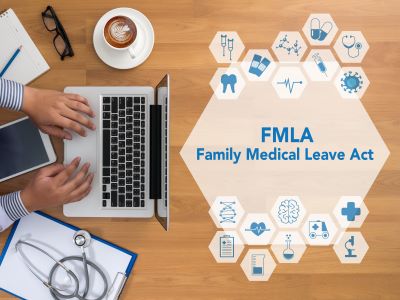Question: We have an employee who took four days off to tend to his daughter in the hospital after she received a C-section and another who wants to take three weeks off to assist her sibling going through chemotherapy. Would the absences in both scenarios fall under the Family and Medical Leave Act (FMLA)?
Answer: It’s possible, but not likely, that these family care scenarios are covered by the FMLA. Let’s take a look at the first one.
The FMLA does allow an employee to take leave to care for a child with a serious health condition, but the child must be either under age 18 or, if older, incapable of self-care because of a mental or physical disability. If the daughter meets one of those criteria, then the employee-father likely qualifies for leave. The daughter’s inpatient hospitalization qualifies as a serious health condition, and the reason for requesting leave probably meets FMLA requirements. Care for a family member can include providing psychological comfort and reassurance that would be beneficial to a child who is receiving inpatient care.
In the second scenario, the family member with the serious health condition is a sibling. But the FMLA allows an employee to take leave to care only for the employee’s spouse, parent, or child. There’s a very narrow way this employee might qualify for FMLA leave: if the employee is the legal guardian of or stands in loco parentis to the sibling and the sibling is under age 18 or incapable of self-care. If these rare circumstances exist, the sibling would meet the FMLA definition of “son or daughter,” and the employee would then just have to provide certification that she’s needed to care for her sibling.
As above, care can include providing psychological comfort and reassurance, as well as physical care, assistance with things like transportation and personal hygiene, and relieving or substituting for others who normally provide care.
Of course, this answer assumes that all other FMLA criteria have been met, meaning the employee has worked for the employer for at least 12 months; has worked at least 1,250 hours during the previous 12 months; and works at a location where the employer has at least 50 employees within 75 miles.
You should also consider whether your state has its own family and medical leave law that either expands eligibility or grants employees greater leave benefits than the FMLA.
Jill Chasson is a partner at Coppersmith Brockelman PLC in Phoenix, Arizona. Well versed in the many federal and state laws that govern the workplace, she regularly works with businesses of all sizes to develop workplace policies and resolve difficult personnel issues. When disputes arise, she represents employers before administrative agencies, in arbitration proceedings, and in state and federal court.

